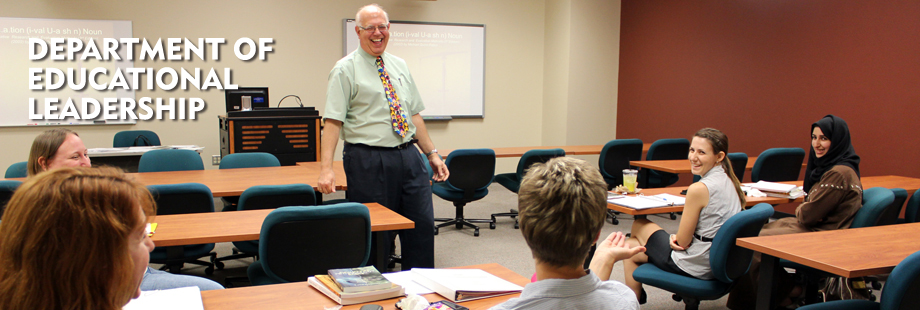Document Type
Article
Publication Date
5-2015
Publication Source
School Business Affairs
Abstract
In Board of Education of Westside Community Schools v. Mergens (1990), the Supreme Court upheld the Equal Access Act (EAA), a federal law enacted to permit student-organized groups to meet during noninstructional time.
The EAA traces its origins to Widmar v. Vincent (1981). At issue in Widmar was a policy whereby officials at a state university in Missouri made campus facilities generally available to student groups for their activities. Treating religion as a form of free speech, the Supreme Court ruled that insofar as officials allowed more than 100 student groups to use campus facilities, they created a forum for the exchange of ideas and could not bar a club because of the religious content of its speech.
Spurred in part by Widmar, Congress passed the EAA and President Ronald Reagan signed it into law on August 11, 1984. The act clearly states, “It shall be unlawful for any public secondary school which . . . has a limited open forum to deny equal access or a fair opportunity to, or discriminate against, any students who wish to conduct a meeting . . . on the basis of the religious, political, philosophical, or other content of the speech at such meetings” (20 U.S.C. § 4071[a]).
In addition, the EAA specifies that “[a] public secondary school has a limited open forum whenever such school grants an offering to or opportunity for one or more noncurriculum related student groups to meet on school premises during noninstructional time” (20 U.S.C. § 4071[b]).
The EAA does set limits. Schools are deemed to offer an opportunity for students to conduct a meeting within its limited open forum if the school provides that— 1. The meeting is voluntary and student-initiated. 2. There is no sponsorship of the meeting by the school, the government, or its agents or employees. 3. Employees or agents of the school or government are present at religious meetings only in a nonparticipatory capacity. 4. The meeting does not materially and substantially interfere with the orderly conduct of educational activities within the school. 5. Nonschool persons may not direct, conduct, control, or regularly attend activities of student groups. 20 U.S.C. § 4071(c)
Inclusive pages
33-35
ISBN/ISSN
0036-651X
Document Version
Published Version
Copyright
Copyright © 2015, ASBO International
Publisher
Association of School Business Officials
Volume
81
Issue
5
Place of Publication
Reston, VA
eCommons Citation
Russo, Charles J., "An Update on Student Equal Access" (2015). Educational Leadership Faculty Publications. 180.
https://ecommons.udayton.edu/eda_fac_pub/180
Included in
Courts Commons, Educational Assessment, Evaluation, and Research Commons, Educational Leadership Commons, Education Law Commons, Elementary and Middle and Secondary Education Administration Commons, Supreme Court of the United States Commons




Comments
This document has been made available for download by permission of the publisher.
This article originally appeared in the May 2015 School Business Affairs magazine and is reprinted with permission of the Association of School Business Officials International (ASBO). The text herein does not necessarily represent the views or policies of ASBO International, and use of this imprint does not imply any endorsement or recognition by ASBO International and its officers or affiliates. Any additional re-purposing or reprint of this article in this or any other medium is restricted without prior written consent.
Permission documentation is on file.